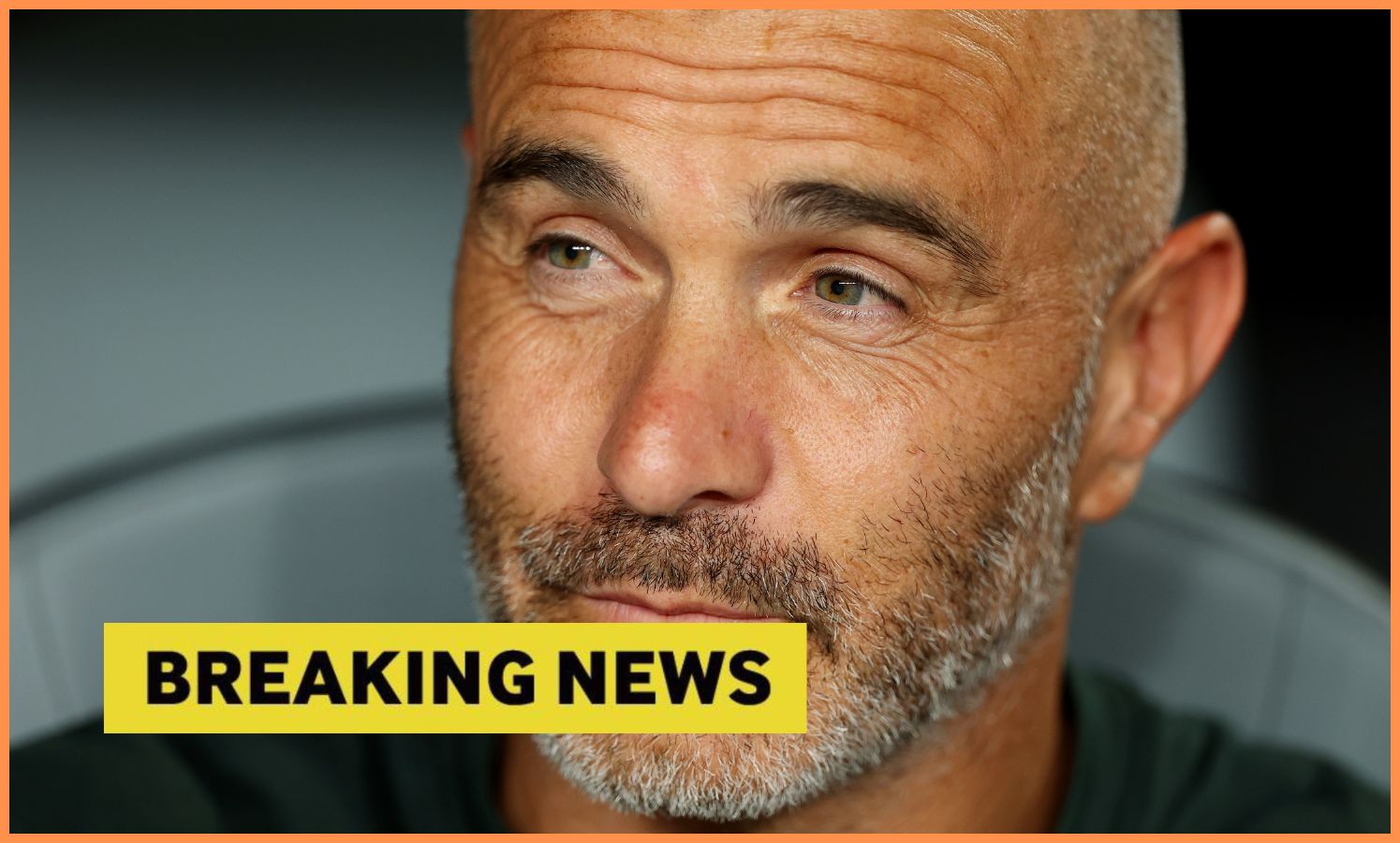The roar at Wembley was electric as England secured a 2-0 victory over Serbia, fueled by goals from Bukayo Saka and Eberechi Eze. But beyond the scoreline, a different kind of dominance was being discussed – the seemingly unstoppable form of Harry Kane.
Manager Thomas Tuchel didn’t hesitate to single out the England captain for exceptional praise. Even with a planned substitution in the 65th minute, bringing on Phil Foden, Tuchel’s words resonated with a clear message: challenging Kane for his starting position is a monumental task.
“It’s a big ask for Phil Foden to challenge Harry at the moment,” Tuchel admitted, his assessment stark and direct. He described Kane as being in a realm of performance that transcends the ordinary, simply “out of control” and “out of this world” in critical areas of the game.

This isn’t simply hyperbole. Kane’s current season with Bayern Munich is a testament to his extraordinary ability. A staggering 23 goals and 3 assists in just 17 matches paint a picture of a player operating at the absolute peak of his powers.
The dynamic between Kane and Foden isn’t framed as a rivalry, but a recognition of Kane’s current, unparalleled level. Tuchel highlighted Kane’s attitude, work rate, quality, and finishing – a combination that currently feels unmatched.
Beyond the individual brilliance, Tuchel also acknowledged the growing partnership in midfield between Declan Rice and Elliot Anderson. Their connection is solidifying with each game, a foundation that provides stability and control for the team.

Tuchel also shed light on his decision to start Morgan Rogers ahead of Jude Bellingham, emphasizing the importance of continuity and familiarity within the team’s pressing strategy. Rogers had earned his place with strong performances, and Tuchel wanted to build on that established understanding.
The manager was quick to commend the defensive unit as well, acknowledging the challenges posed by a physical and determined Serbian side. The back four were forced to work tirelessly, demonstrating focus and resilience throughout the match.
Ultimately, England’s victory wasn’t just about the goals scored, but about the confirmation of a team finding its rhythm, and the undeniable presence of a captain playing with a confidence and skill that sets him apart.






